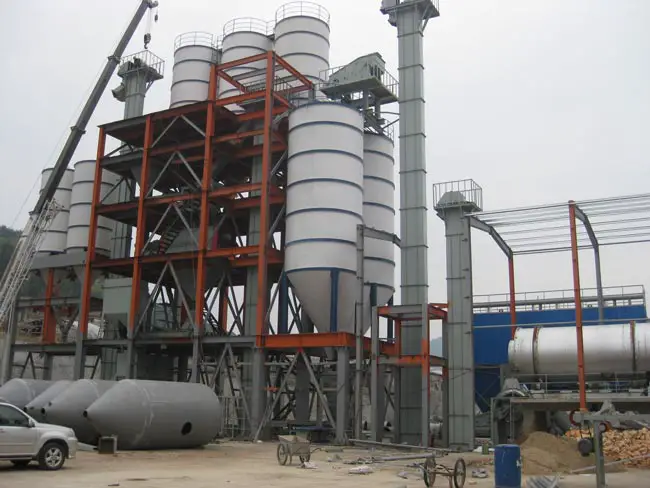South Africa through the Johannesburg Road Agency (JRA) has relaunched its asphalt plant, in Johannesburg as part of its commitment to bringing real change to communities and meeting infrastructure needs.
According to Goodwill Mbatha JRA acting MD, the plant will enable the road agency maintenance teams to respond quicker to asphalt service defects.
“This will speed up delivery and, most importantly, the plant’s use of Nomex filters in the bag house will rectify and eliminate environmental pollution that was persistent with the old asphalt plant,” he told attendees, adding that the plant has a dual burner that can use burner fuel, as well as natural gas, thereby increasing the use of green energy.
Also read: JRA commences the upgrade of Soweto bridge
Roads lifespan
City of Johannesburg Executive Mayor Herman Mashaba, who officiated the opening of the plant, explained that owing to inadequate investment into the city’s road infrastructure by past administrators, the city has experienced a significant deterioration in the condition of its roads.
Most of the city’s roads have gone past their lifespan, normally set at about 30 years, with increased traffic, drainage systems and even floods contributing to the state of the road network.
“This project is not just about producing more asphalt or a quality product. This plant represents something much bigger, it is a demonstration of a seriousness of our multiparty government to create conditions conducive enough for large-scale job creation through quality infrastructure,” said Mr Goodwill.
Road rehabilitation and reconstruction projects
The acting MD further added that the JRA has been allocated US $89.5m in the capital budget, within which US $18.6m will be for road rehabilitation and reconstruction projects. Additionally, the entity has also budgeted for about US $13.4m for the rehabilitation of bridges in the 2018/19 financial year, up from US $3.7 in the 2017/18 financial year.
Investment in storm water drain upgrades have also increased to US $16.8m in the current financial year, from US $12.6m in the previous financial year. Completely eradicating all gravel roads within the city will require an investment of US $134.2m, the mayor said, noting that over each of the next three years, the city will spend US $28m to completely do away with gravel roads in the city.
“We may not always have the money that we need, but we will always endeavor to prioritize spending areas that best speak to the needs of our residents. We don’t take this for granted, as road infrastructure is critical for job creation,” said the mayor.
“This investment has not only allowed us to respond to unemployment by increasing the team numbers at the depot, but also, with this upgrade, we hope to continue and improve on all our service delivery activities requiring asphalt”. he added.
The plant underwent refurbishment to ensure it meets air quality requirements. The plant was first built in 1965. Its capacity has also increased from 80 t/h to 200 t/h, and it has the ability to produce cold, warm and hot mixes of asphalt.

